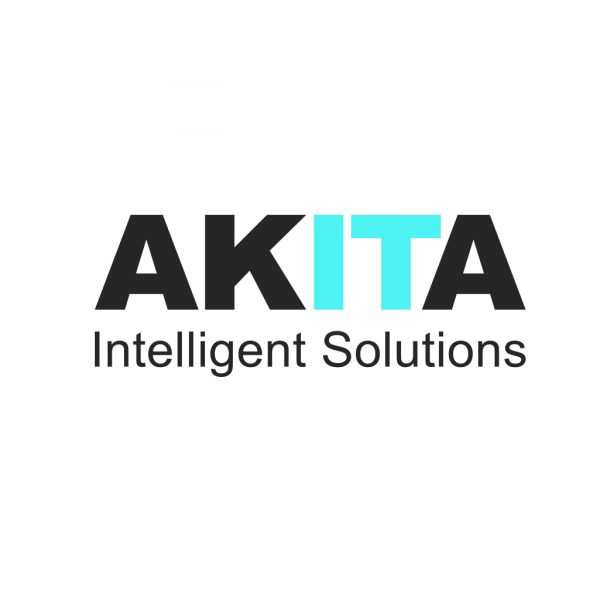Not all Microsoft partners are created equally - and price should not be the deciding factor in your selection.
Looking out in the market, you’ll find a wide range of organisations promoting their Microsoft partner status. But not all are the experts that they seem. So how do you find a Microsoft partner that will work well for you? Here are some of the considerations:
Find a Microsoft partner that’s right for you
Here are a few points to consider when selecting a Microsoft partner or looking to switch from your existing partner:
What products do they support?
Microsoft’s range of products is vast. So it’s rare for any organisation to have the scale to master them all. While many organisations will have a good grounding in many of these products, beware the companies that claim to be experts in everything.
Much as Intelligent Solutions focuses on Dynamics 365, SharePoint and Power Platform, there are other specialists out there for products such as DevOps and Azure if you have those specific project needs.
Do they have the knowledge you need?
It can be tricky for even the best partners to stay on top of the latest Microsoft updates, even for specific products. If your Microsoft partner isn’t specialised, there’s only a slim chance they’ll have the knowledge needed for the products you're after.
Should you find a Microsoft partner that’s not the specialist they claim, you can experience drawbacks: at best, your organisation could miss out on useful features that your partner isn’t aware of; at worst, it could result in gaps in your security or expensive development mistakes.
Look for a Microsoft partner that has product specialists (ideally with appropriate qualifications to back that up) and see how passionate they are about the products they develop. The more they love what they do, the more likely they are to go the extra mile for you.
Do they understand licensing?
It’s an understatement to say that Microsoft licensing is complex. For every product there are multiple licences, giving access to various features and functionality. And prices for these licences can vary considerably.
If your partner doesn’t fully understand the licensing they’re providing, you can easily become over-licensed, paying for more features than you require. On the other side of the coin, the partner that promises to get you the cheapest licensing may do so at the cost of functionality your users could actually benefit from. Choosing a partner, therefore, that understands both your licensing and your organisation’s requirements can ensure you have the perfect alignment.

Working with a partner on licensing can also unlock further cost benefits. A good partner won’t add margin on licences (in contrast to buying direct) so licensing should cost the same as buying direct from Microsoft. They can also provide discount for bulk purchases, gain access to special offers and provide special licensing to match charity or educational statuses.
Can they offer strategy advice for your organisation?
Tied to the two previous points, organisations should find a Microsoft partner that can offer them strategic, long-term advice. Their questions should be geared not just to the project in hand but how this will work for your future growth.
With solutions such as Dynamics 365 and SharePoint, thinking short-term can be costly. A good partner should be able to advise you not only on what you require now, but also foresee how your requirements will evolve and build this into any development plans.
Do they work closely with Microsoft?
If you’re looking to find a Microsoft partner, you want one that can deliver the benefits of that status. But just because an organisation has a partner status, doesn’t mean their ties are close.
The ideal partner will have regular engagement with Microsoft representatives. This ensures that they’re on top of new developments (as previously mentioned) and also aware of the many offers that Microsoft makes available that could ultimately benefit your organisation.
A closely connected partner will also have the ability to escalate any support requirements (that may be application or platform related) directly to Microsoft contacts for fast resolution.
Moving to the right Microsoft partner
Working with the right - rather than the cheapest - Microsoft partner will ensure you receive a balance of expertise, strategy and support for your chosen solution. Ultimately, this will serve your organisation far better in the long term.
If you’re ready to find a Microsoft partner that will deliver in all of these areas, get in touch with Akita:





